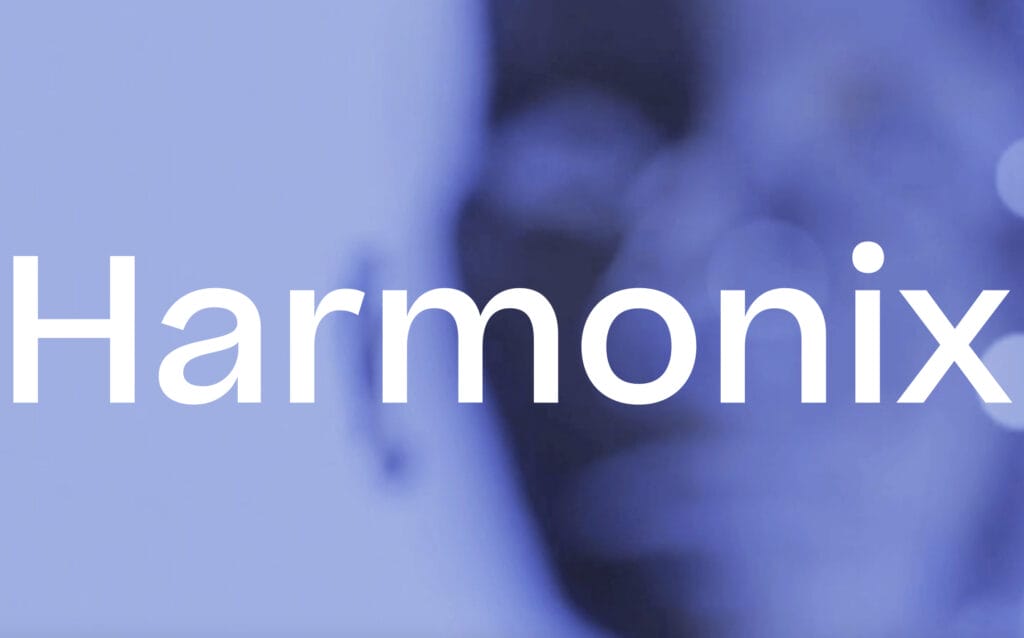As the lines between the digital and biological realms blur, the world – and especially the Middle East – stands at the precipice of an unprecedented era, one that could be dubbed the 5th Industrial Revolution. This revolution will be defined by the amalgamation of biosciences and computation, referred to as “Bio-IT,” promising to reshape our world in ways we’re only beginning to fathom.
The rapid rise of compute-enabled technologies, including artificial intelligence, machine learning, and deep neural networks, has steadily begun to transform the ability to process data, extrapolate insights, and automate workflows at scale. Perhaps one of the most exciting elements of this era of compute-enabled technologies is the convergence with that of health and biology to create a new breed of tech-enabled companies that can accelerate research and development (R&D) and democratize access to life-saving treatments and interventions. These companies are accelerating breakthroughs spanning drug design and development and clinical trial design to precision medicine and clinical workflow automation.
One notable example is Insilico Medicine, which developed the world’s first fully end-to-end AI-designed drug in clinical trials. Insilico was able to reach clinical trials at a fraction of the time and cost it takes traditional biotechnology companies to do so. These compute-enabled technologies compress the design-test-build-learn cycle in R&D so that they can effectively develop a product or service faster and cheaper than ever before.

While, indeed, the technological applications and breakthroughs of these next-generation compute-enabled companies are immense, it requires cross-domain collaboration across innovation and investor ecosystems globally so that these technologies are accessible to humanity. Specifically, geographic regions such as the Middle East play an increasingly important role in fostering investment support for these breakthrough Bio-IT technologies.
Read: Will emerging COVID strain, Eris, reignite pandemic?
Dedicated funding support by Middle Eastern institutional funding entities such as Saudi Aramco, Mubadala, and the Public Investment Fund (PIF) continues to foster the development of the Bio-IT companies both from a strategic investment as well as an operational support role to accelerate the democratization of these technologies for the benefit of humanity.
At the end of the day, these Bio-IT technologies ultimately seek to democratize access to more affordable therapies and treatments to improve the lives of millions of patients globally. This is done by reducing the sunk cost of R&D so that important therapies – such as those for cancer or cell and gene therapies – no longer require intense expenditures for companies and patients or cost hundreds of thousands or even millions of dollars for patients.
Technical innovation syndication across the global Bio-IT ecosystem requires the collaborative exchange and adoption of integrated technologies and platforms. By collaborating with strategic partners in regions like the Middle East, this synergy can pave the way for accelerating innovations across various sectors spanning biopharmaceuticals to agriculture.
Technical innovation syndication in Bio-IT involves strategic collaboration and joint ventures between entities, including investors, research institutions, and startups, to effectively pool resources and expertise. The pooling of resources can create a shared infrastructure for cloud computing resources and network architectures that can facilitate the accelerated development of these compute-enabled companies.
Continued global investor support for these companies will be vital in creating this 5th industrial revolution that will improve humanity. Furthermore, these Bio-IT companies require extensive cross-denominational expertise across a myriad of distinct scientific disciplines spanning full-stack engineering and materials science to biotechnology and healthcare. Thus these management teams require diverse talent that is geographically agnostic that stems from global academic innovation ecosystems spanning the Middle East, Asia, Europe, and the US.
Krish W. Ramadurai is Partner at Harmonix Fund | Multi-Published Scientific Author
For more health stories, click here.




